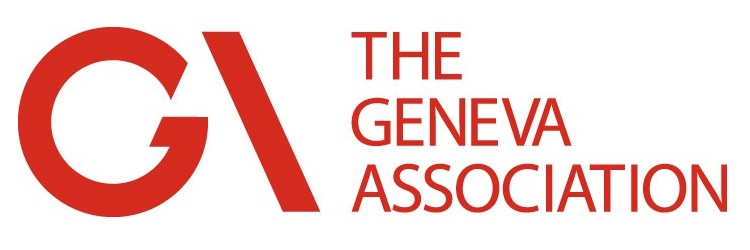Technology has helped make health insurance more accessible, but there are still challenges to overcome, such as its quality, access to it, and its democratisation, Niti Pall, Board Chair, HARBR, highlighted at the Geneva Association’s 50th Summit in Zurich, Switzerland.
 Many countries, like Bangladesh, India or Pakistan, and a lot of countries in Africa still do not trust “the click”, as people still want to interact with a physical person and to know what they are spending their money on, Pall explained.
Many countries, like Bangladesh, India or Pakistan, and a lot of countries in Africa still do not trust “the click”, as people still want to interact with a physical person and to know what they are spending their money on, Pall explained.
Therefore, making the transaction between “the click and the brick” more seamless to make health insurance more accessible is very important, and will lead to a better interaction between parties to deliver better protection to people, she pointed out.
Pall added: “I also believe that it is important to meet the consumer where they are. We can’t sit here thinking somebody’s going to come and buy insurance from us or buy health protection from us. We have to meet the customer where they are, and I’ve learned that technology can make this more accessible.
“It’s not just about a telephone doctor; many countries are using native apps to do this. At the same time, you have to find offline ways of doing it as well. So meeting that customer with technology that democratises access is also really important.

“Finally, quality of healthcare needs to be in focus. More people die because of getting poor quality care than not getting any at all. The quality of care the poor people receive compared to the rest is hugely different, and we have a responsibility to help improve this. I think tech can solve some of these issues, not all of it, but some of it.”
Axel Heitmueller, Managing Director, Imperial College Health Partners, agreed with Pall’s points, also highlighting the importance of the democratisation of healthcare and how giving people access to knowledge and personalisation would improve health.
He stated: “Healthcare is a monopoly at the moment, it mainly sits with care professionals and it’s very hard to democratise the knowledge, other than what you can Google. Which is probably not the best advice. So how do we find a happy middle ground between only sitting with a care professional or the ‘wild west’ on the internet?
“I believe that through technology, and common sense, people have started to democratise what ‘good’ looks like. For example, in London, for COPD (Chronic obstructive pulmonary disease), our regulator says, they’re six things that you should have if you suffer from COPD. And they just wrote them down on a sheet of paper and translated them into plain English.
“If you had that information at your fingertips in a language that you understand, and cross-reference it with what your GP has done for you, recreate it and send it through your letterbox or an app before your next care interaction; this would turn the table and empower you as an individual to ask questions about the quality of care and what you should receive.”
The other side to healthcare democratisation, according to Heitmueller, is personalisation. “The way in which we can personalise care is truly transformative,” he noted.
Adding: “And I think that once we have truly personalised and democratised it, then it also becomes much easier to talk about health and not just care.”

